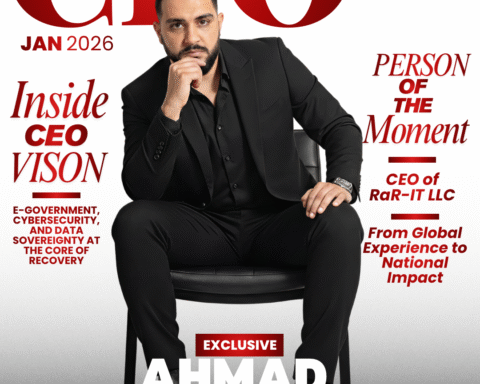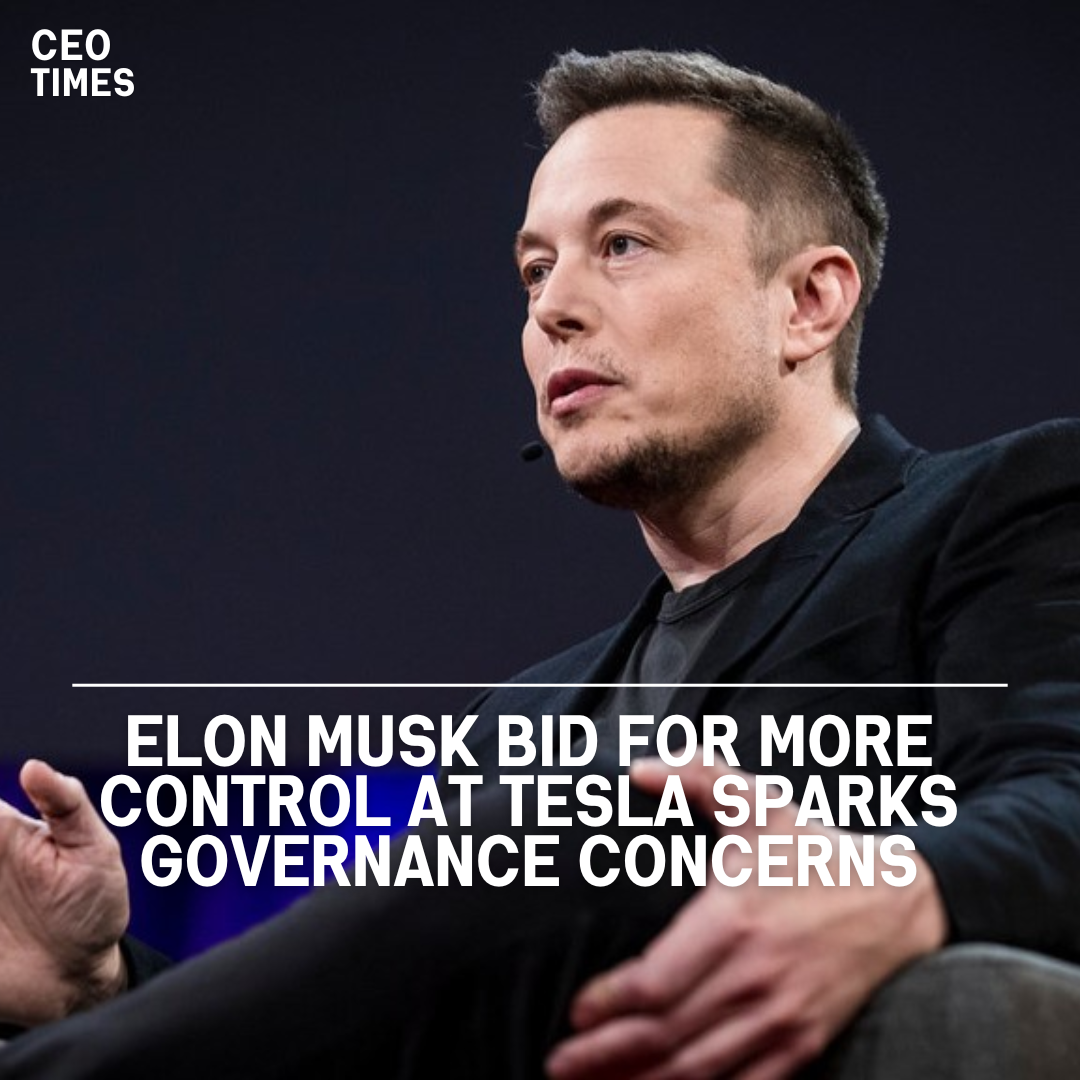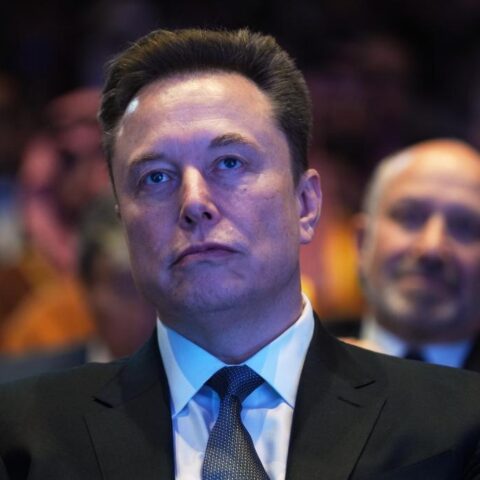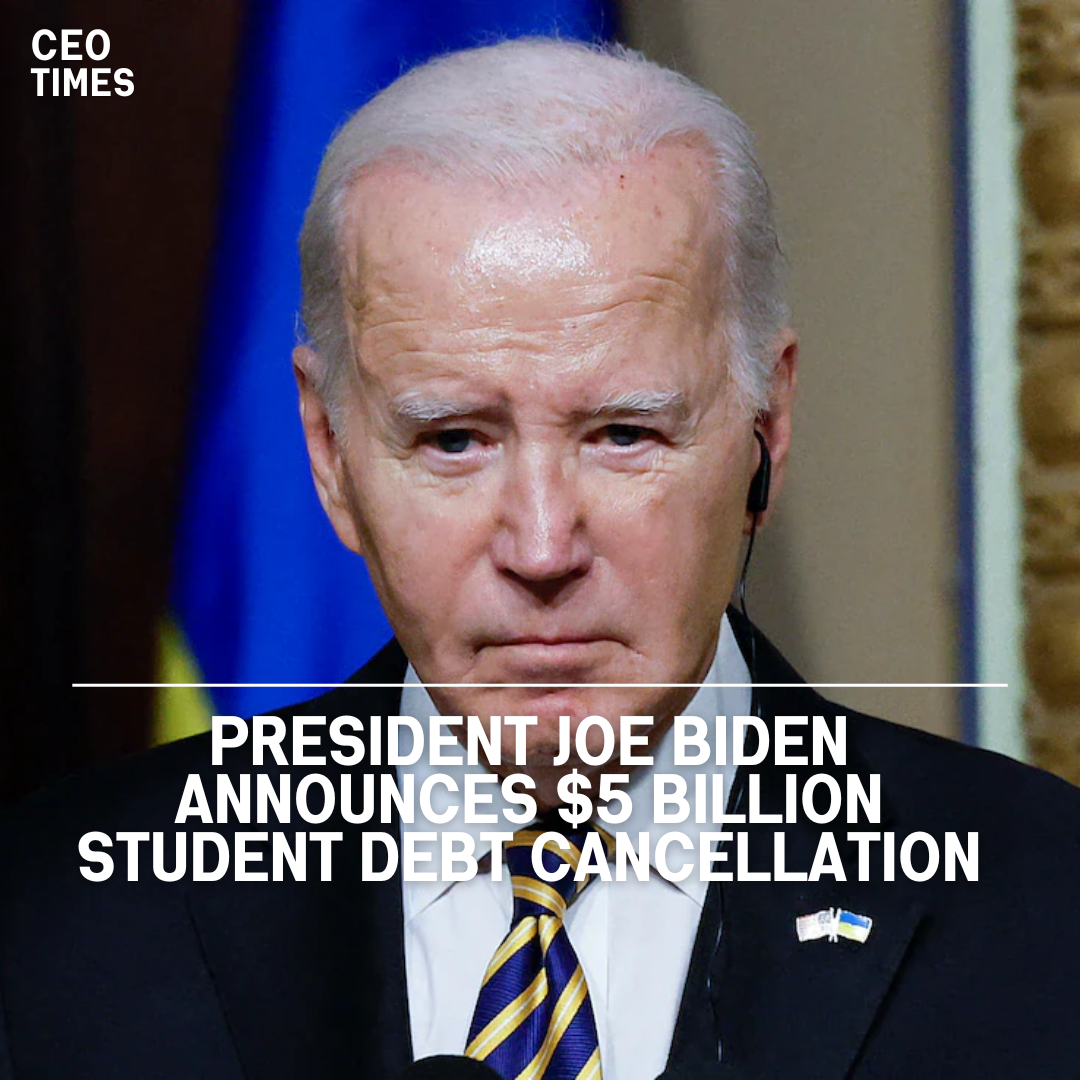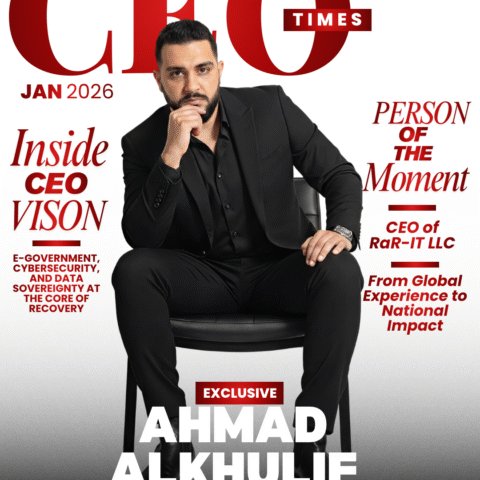Elon Musk push for 25% voting control in Tesla, following the sale of shares to fund his investment in the social media company X, raises concerns about governance at the $690 billion electric vehicle manufacturer.
Musk expressed discomfort about developing Tesla into an artificial intelligence (AI) leader without increased control.
However, the move, which could entail issuing about $100 billion worth of shares, faces challenges related to corporate law, governance, and potential conflicts of interest.
Complexities of Issuing New Shares and Corporate Independence:
Tesla lacks super-voting shares, making a straightforward issuance of common stock to Musk the simplest route to achieving more control.
However, this approach requires approval from an independent board committee and a vote from disinterested shareholders.
Tesla’s history of governance challenges, including a $56 billion compensation package under legal scrutiny, adds complexity to the situation.
Musk’s implicit threat to steer away from Tesla’s core competency in AI intensifies concerns about fiduciary duty.
Potential Conflicts and Musk’s Role at xAI:
Musk’s involvement with xAI, the AI-focused company, introduces the potential for conflicts, especially if he diverts machine intelligence efforts away from Tesla.
Musk’s prior statements about AI positioning Tesla as “the most valuable company in the world” make his influence crucial for the company’s strategic direction.
The board must navigate these complexities while ensuring the best interests of shareholders and the company’s long-term success.
Balancing a Deal with Share Issuance and Buyback:
A potential deal for increased control could be paired with a simultaneous buyback to mitigate the impact on Tesla’s share price.
However, this approach requires available cash, which Tesla needs amid challenges such as declining gross profit margins and a troubled deal with Hertz Global.
The company’s valuation, currently at nearly 60 times expected earnings, raises concerns about the potential impact on investors and the market.


